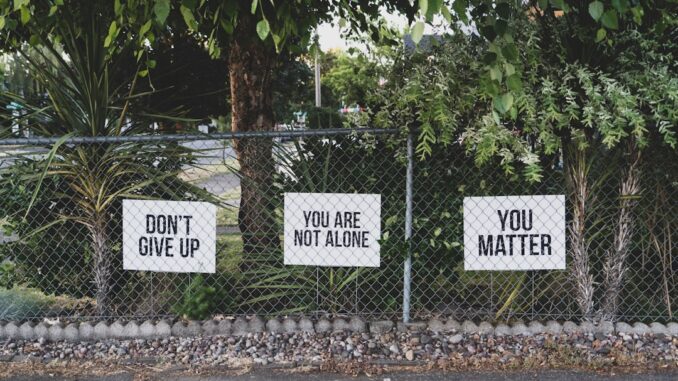
Summary
This article provides a comprehensive guide to rebuilding family relationships after addiction recovery. It emphasizes honest communication, making amends, setting boundaries, seeking professional help, and celebrating small victories. This journey requires patience and understanding, but the rewards of stronger family ties are immeasurable.
** Main Story**
Addiction? It’s not a solo act. Think of it as a stone thrown into a still pond; the ripples spread, impacting everyone around. And when it comes to recovery, it’s not just about the individual – it’s about healing the family unit, too. Repairing those fractured connections and building something stronger and healthier. Trust me, I know it can feel like climbing a mountain, but the view from the top? Totally worth it.
So, how do you navigate this process? Let’s break it down:
Step 1: Look Inward, Seriously
Before you even think about reaching out, take some time for some good old-fashioned self-reflection. Acknowledge the hurt you caused, the way your actions landed on your loved ones. It’s not easy, I get it. Recognize that rebuilding trust? That’s a marathon, not a sprint. It takes time and consistent effort, and the willingness to learn from your mistakes. This self-awareness? It’s the bedrock for genuine amends, and it shows you’re serious about changing, and not just saying the words. I have a friend who was an addict, and his family told him this was the most important step.
Step 2: Open the Lines of Communication
Start having honest conversations with your family. Really honest. Express remorse for the pain you inflicted. Take responsibility – no excuses. And here’s the kicker: actively listen to their feelings, validate their experiences. That said, communication isn’t a one-way street. Be prepared to hear some hard truths. It’s not going to be easy, but it’s necessary. But, honestly, you’ve got to address those truths with empathy. It’s a chance for them to release the anger and hurt.
Step 3: Actions Speak Volumes, Right?
Words are important, no doubt. But actions? They shout. Making amends is more than just saying sorry. It’s about trying to right the wrongs of the past, where you can. Paying back debts, keeping commitments, just being present and reliable. You know, showing up when you say you will. You won’t always get it right, but consistent positive behavior proves you’re serious.
Step 4: Build Those Fences – Healthy Boundaries
Setting healthy boundaries is vital for your recovery and your relationships. Communicate your needs clearly, but respectfully. Explain what triggers you, how certain behaviors impact you. And, just as importantly, respect their boundaries. Understand they need time and space to heal, too. Boundaries aren’t about keeping people out; they’re about creating a safe space for everyone to rebuild.
Step 5: Get Some Help, If Needed
Family therapy? Seriously consider it. A therapist can provide a neutral space for everyone to talk, to navigate those tough conversations, and to develop healthier ways of interacting. They can also help dig into the underlying issues that might have contributed to the addiction or strained the relationships in the first place. And don’t forget individual therapy. It’s crucial for your continued personal growth and staying sober. It’s something that you probably won’t regret doing.
Step 6: Patience is a Virtue. Seriously.
Rebuilding family relationships? It takes time. There will be setbacks. That’s a guarantee. Be patient with yourself, be patient with your family. Celebrate those small wins, and see the setbacks as learning opportunities. Recovery isn’t a destination; it’s a journey. And the reward of having those stronger family ties? It’s something you can’t even put a price on. And be persistent! Don’t give up when the going gets tough. It’s easy to just sit back and relax, but that’s not the path to success. You get what you put in.
Step 7: Pop the Champagne (or sparkling water!) – Celebrate Small Wins
Acknowledge those small victories along the way. A successful family dinner? A heartfelt conversation? Recognize these moments. They reinforce progress, and they strengthen everyone’s commitment to rebuilding.
Rebuilding family ties after addiction recovery is tough, I won’t lie. But honestly, it’s so rewarding. By embracing honesty, having those open conversations, making amends, setting those healthy boundaries, and getting professional support when you need it, families can heal from the wounds of addiction. They can build something stronger, something more fulfilling. Remember, patience and persistence are key. And the rewards? Well, they’re beyond measure. What are you waiting for?


Be the first to comment